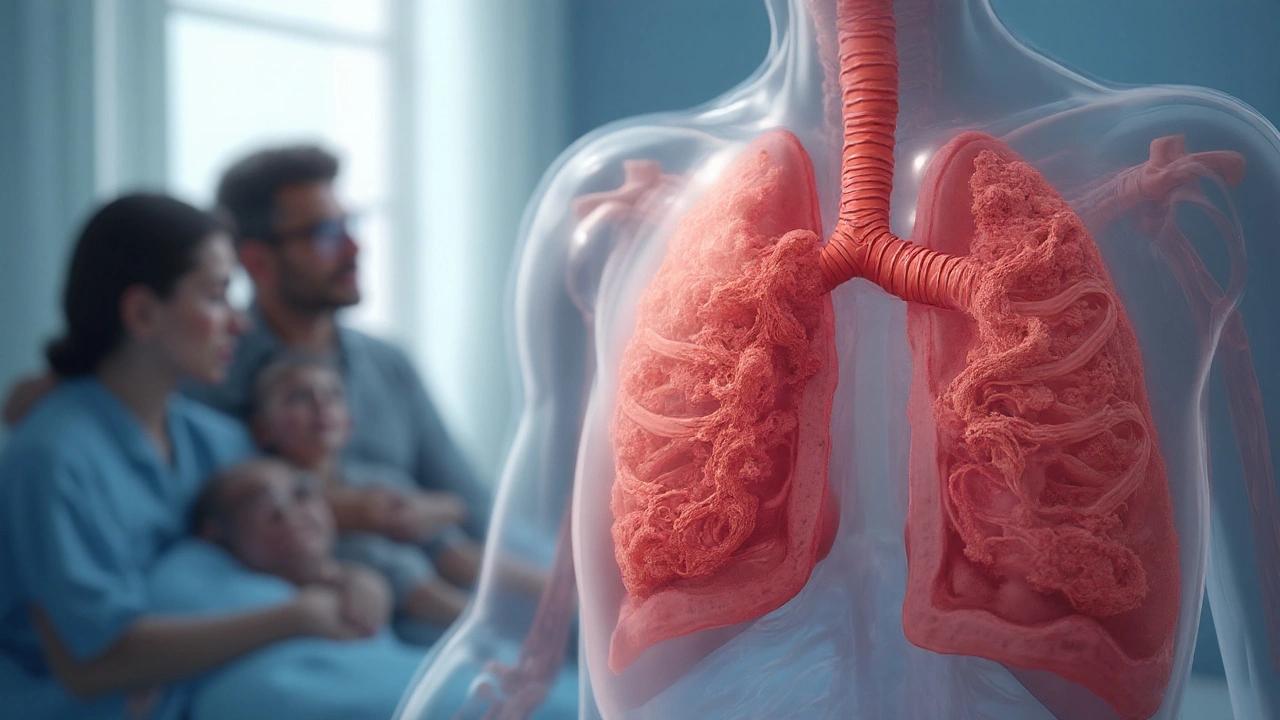CFTR Gene – What It Is and Why It Matters
When working with CFTR gene, the gene that provides the instructions for making the cystic fibrosis transmembrane conductance regulator protein. Also known as CFTR, it is a critical piece of the puzzle for many respiratory and digestive conditions. The cystic fibrosis, a hereditary disease caused by mutations in the CFTR gene shows how a single genetic change can disrupt whole organ systems.
How the Gene Works and What It Affects
The ion channel, the protein formed by the CFTR gene that moves chloride ions across cell membranes is the engine behind fluid balance in the lungs, pancreas, and sweat glands. When the channel doesn’t open properly, mucus thickens, leading to chronic lung infections and digestive problems. This link creates three core relationships: the CFTR gene encodes an ion channel, the ion channel controls chloride transport, and faulty transport triggers cystic fibrosis symptoms. Recent advances in CFTR modulators, drugs that improve the function of the defective protein aim to restore that flow, turning a once‑fatal prognosis into a manageable chronic condition.
Identifying who carries problematic CFTR mutations starts with genetic testing, a lab analysis that looks for specific changes in the CFTR gene sequence. Early testing enables newborn screening programs, guides treatment decisions, and informs family planning. In practice, doctors use genetic testing to match patients with the right modulators, monitor therapy effectiveness, and adjust dosages. Together, testing, modulators, and supportive care create a feedback loop that improves quality of life for people with cystic fibrosis.
Below you’ll find a curated set of articles that dive into related health topics—from thyroid disorders and cancer risk to diet plans that ease digestion and medication comparisons for chronic conditions. While each piece tackles a distinct area, they all intersect with the broader theme of managing genetic and metabolic health, an arena where the CFTR gene often appears. Browse the collection to see practical tips, research updates, and treatment guidance that can complement your understanding of CFTR‑related care.

How Cystic Fibrosis Affects the Respiratory System - Key Insights
Haig Sandavol Sep 24 20Explore how cystic fibrosis damages the lungs, the role of the CFTR gene, common infections, and modern therapies that improve breathing and quality of life.
More Detail